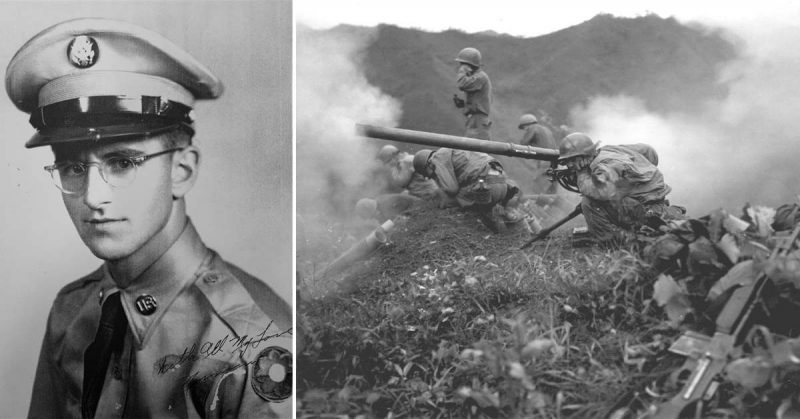US Army Corporal Joseph N. Pelletier was 20 years old when he was killed in action during the Korean War. He was a member of Headquarters Battery, 15th Field Artillery Battallion, 2nd Infantry Division. His unit was supporting Republic of Korea (ROK) troops attacking Chinese People’s Volunteer Forces (CPVF) in the Central Corridor of North Korea.
On February 11, 1951, the CPVF began a counterattack against the ROK. The ROK units pulled back, leaving the Americans to confront the CPVF at Changbong-ni. The Americans were attacked by the Chinese on February 12, and the Americans were forced to withdraw to Hoensong. They then withdrew to Wonju. When there, Pelletier did not report. He was declared missing in action on February 13, 1951.
His name was on a list of prisoners of war provided by the CPVF and the Korean People’s Army. Americans returning from being prisoners reported that Pelletier was a prisoner and had died in April 1951 at the “Bean Camp.” From these reports, the US Army declared his date of death as April 30, 1951.
Starting in 1990 and ongoing until 1994, the US received 208 boxes of commingled human remains from North Korea. It was determined that there were the remains of at least 400 US servicemen contained in the boxes. On May 13, 1992, 15 boxes of remains were received from North Korea.
These boxes reportedly contained remains recovered from Namjong-gu, Suan County, North Hwanghe Province. This is the area where Pelletier was believed to have died, Defense POW/MIA Accounting Agency reported.
Scientists at the Department of Defense POW/MIA Accounting Agency (DPAA) and the Armed Forces Medical Examiner System examined the remains using mitochondrial (mtDNA), Y-chromosome (Y-STR) and autosomal (auSTR) DNA analysis.
They were able to match the DNA from Pelletier’s remains to the DNA of three of his brothers. The researchers also checked dental records and anthropological analysis which all matched Pelletier’s records. Circumstantial evidence was also reviewed to match the remains to Pelletier.
The DPAA announced that Pelletier’s remains would be returned to his family for burial with full military honors.
There are still 7,757 Americans unaccounted for from the Korean War. The DPAA continues to use advances in technology to positively identify remains returned from the war.
